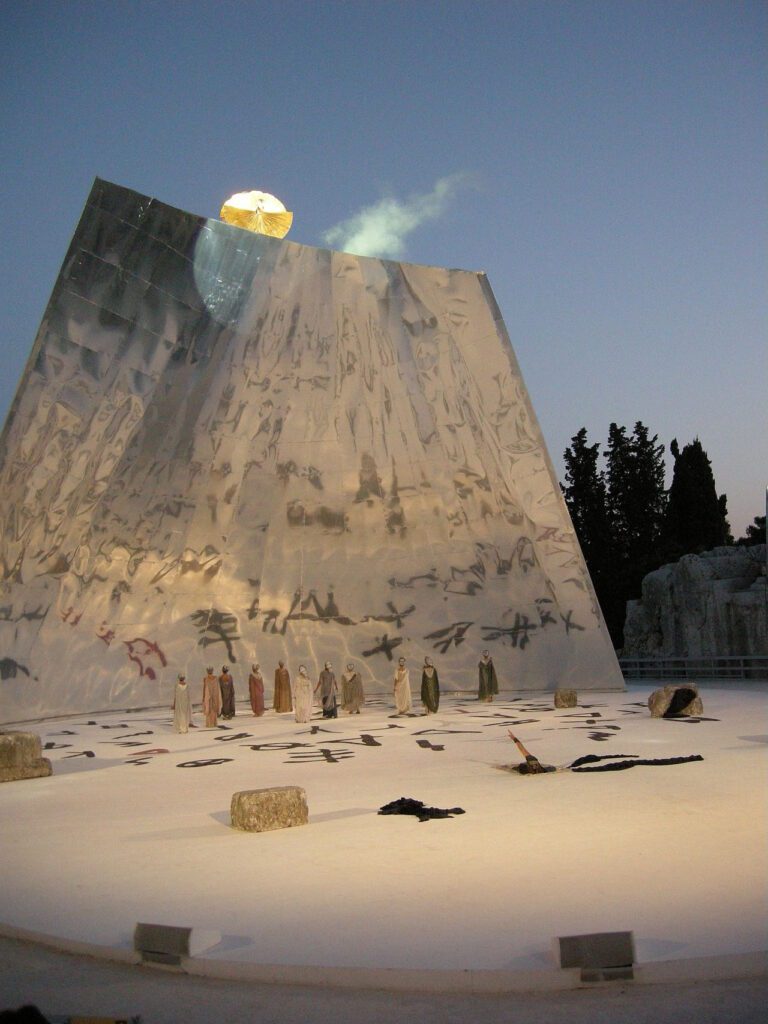ETERE (αἰθήρ)
According to the ancients, aether, also known as the fifth element or quintessence, is the highest, purest and brightest part of space, beyond the limit of the Earth’s atmosphere.
According to Aristotle, it was to be added to the other four already known elements: fire, water, earth, air.
The concept of aether was used in several theories to explain several natural phenomena, such as the propagation of light and gravity.
Derivation and Meanings
Chemistry
Aethers are organic compounds characterized by an oxygen atom that binds two hydrocarbon groups (R–O–R’). Ethyl aether (Et2O) is the best known and used as a solvent.
Physics
Historically, physics hypothesized the existence of an “aether” (or luminiferous aether) as a means of propagation of electromagnetic waves, a theory later surpassed by Einstein with special relativity.
Communication
In the communicative field, “aether” indicates the space through which radio and television signals without cables are propagated. The term “via aether” is used to indicate unwired transmissions.
Ancient Greece
In Greek mythology, “aether” was the deified personification of the upper atmosphere, breathed by the gods.
Deus ex machina.
A god from a machine.
The New Latin term deus ex machina is a translation of a Greek phrase and means literally “a god from a machine.”
Machine, in this case, refers to the crane that held a god over the stage in ancient Greek and Roman drama.
A contrived device to resolve the plot of a dramatic work.
Since the late 1600s, deus ex machina has been applied in English to unlikely saviors and improbable events in fiction or drama that bring order out of chaos in sudden and surprising ways.
Today meaning could be, a person or thing (as in fiction or drama) that appears or is introduced suddenly and unexpectedly and provides a contrived solution to an apparently insoluble difficulty.


